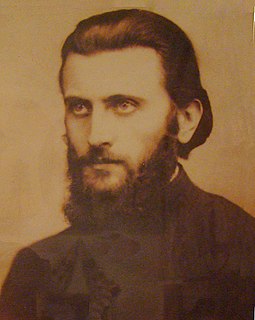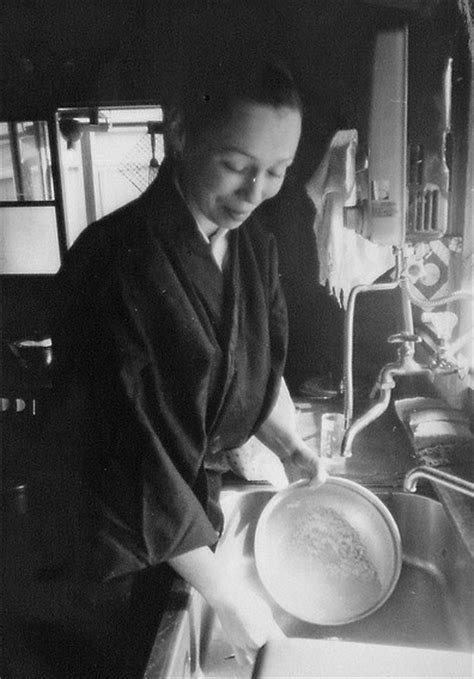A Quote by Nhat Hanh
The seed of suffering in you may be strong, but don't wait until you have no more suffering before allowing yourself to be happy.
Related Quotes
Do not avoid contact with suffering or close your eyes before suffering. Do not lose awareness of the existence of suffering in the life of the world. Find ways to be with those who are suffering by all means, including personal contact and visits, images, sounds. By such means, awaken yourself and others to the reality of suffering in the world.
The world is full of suffering. Birth is suffering, decre- pitude is suffering, sickness and death are sufferings. To face a man of hatred is suffering, to be separated from a beloved one is suffering, to be vainly struggling to satisfy one's needs is suffering. In fact, life that is not free from desire and passion is always involved with suffering.
A gift is like a seed; it is not an impressive thing. It is what can grow from the seed that is impressive. If we wait until our seed becomes a tree before we offer it, we will wait and wait, and the seed will die from lack of planting.... The miracle is not just the gift; the miracle is in the offering, for if we do not offer, who will?
The second noble truth states that we must discover why we are suffering. We must cultivate the courage to look deeply, with clarity and courage, into our own suffering. We often hold the tacit assumption that all of our suffering stems from events in the past. But, whatever the initial seed of trauma, the deeper truth is that our suffering is more closely a result of how we deal with the effect these past events have on us in the present.
Disciples will not be weakened by suffering, worn down, and embittered until they are broken. Instead, they bear suffering, by the power of him who supports them. The disciples bear the suffering laid on them only by the power of him who bears all suffering on the cross. As bearers of suffering, they stand in communion with the Crucified.
There is much suffering in the world - physical, material, mental. The suffering of some can be blamed on the greed of others. The material and physical suffering is suffering from hunger, from homelessness, from all kinds of diseases. But the greatest suffering is being lonely, feeling unloved, having no one. I have come more and more to realize that it is being unwanted that is the worst disease that any human being can ever experience.
We have become terribly vulnerable, not because we suffer but because we have separated ourselves from each other. A patient once told me that he had tried to ignore his own suffering and the suffering of other people because he had wanted to be happy. Yet becoming numb to suffering will not make us happy. The part in us that feels suffering is the same as the part that feels joy.
True freedom and the end of suffering is living in such a way as if you had completely chosen whatever you feel or experience at this moment. This inner alignment with Now is the end of suffering. Is suffering really necessary? Yes and no. If you had not suffered as you have, there would be no depth to you as a human being, no humility, no compassion. You would not be reading this now. Suffering cracks open the shell of ego, and then comes a point when it has served its purpose. Suffering is necessary until you realize it is unnecessary.
It is no wonder if, under the pressure of these possibilities of suffering, men are accustomed to moderate their claims to happiness - just as the pleasure principle itself, indeed, under the influence of the external world, changed into the more modest reality principle -, if a man thinks himself happy merely to have escaped unhappiness or to have survived his suffering, and if in general the task of avoiding suffering pushes that of obtaining pleasure into the background.

























